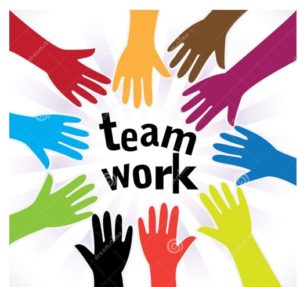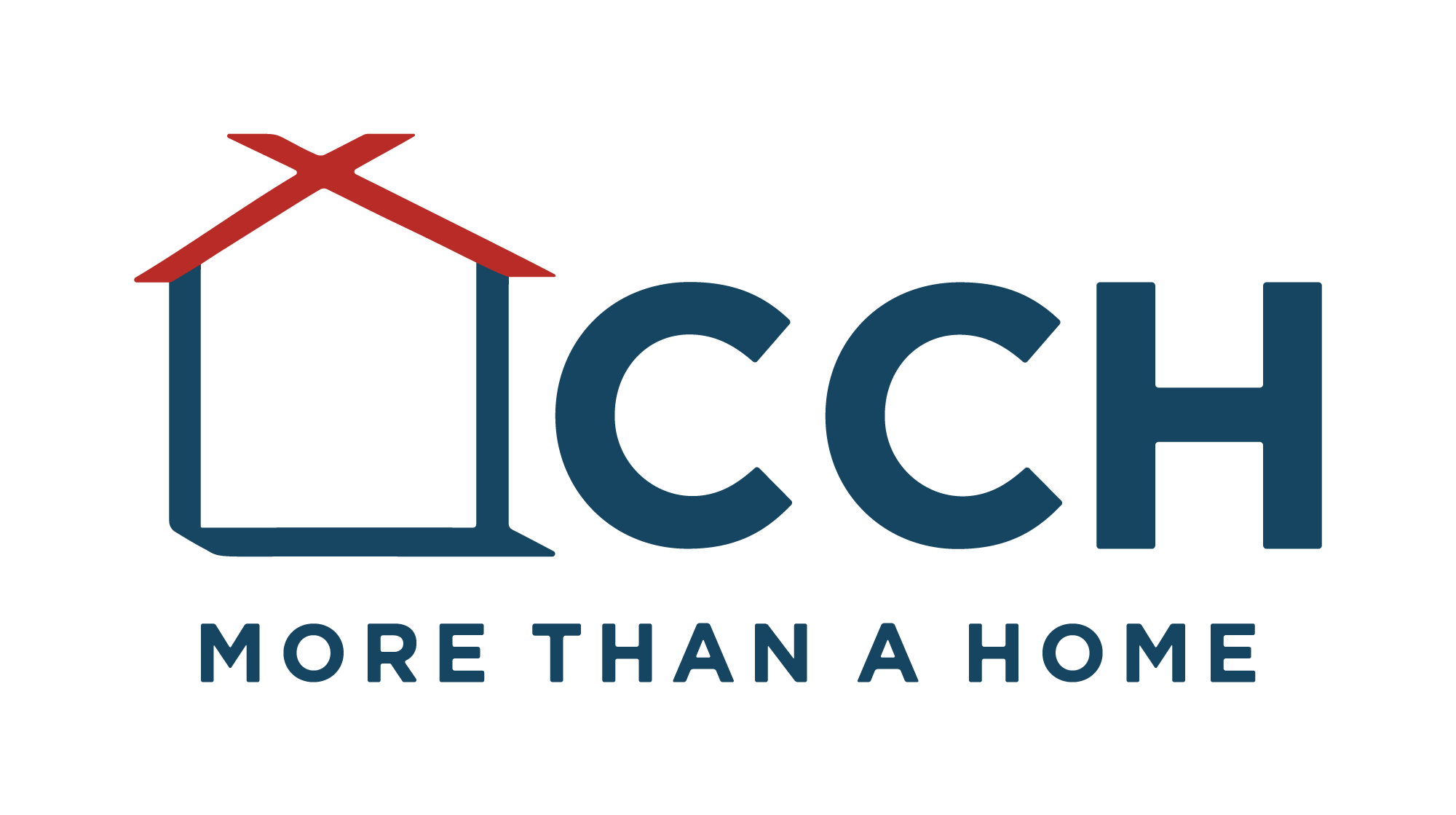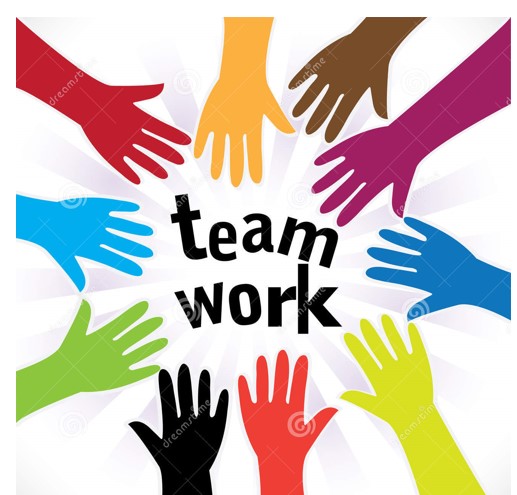As a culturally-diverse organization, CCH is committed to valuing inclusiveness and the diversity of its staff  and the residents we serve. In February, CCH held mandatory diversity training for corporate staff and again in June for all site employees via webinar. All three sessions were very well received. CCH President and CEO Syd Najeeb shares, “To excel as a progressive organization, CCH is doing its part to reinforce the intrinsic value of diversity and inclusion and to weed out unconscious bias which can impact employee morale and damage a company’s reputation.”
and the residents we serve. In February, CCH held mandatory diversity training for corporate staff and again in June for all site employees via webinar. All three sessions were very well received. CCH President and CEO Syd Najeeb shares, “To excel as a progressive organization, CCH is doing its part to reinforce the intrinsic value of diversity and inclusion and to weed out unconscious bias which can impact employee morale and damage a company’s reputation.”
Studies have shown diversity training not only provides inherent good feelings from doing what is right and feels good, but also has financial and business benefits which come from the inclusion of voices from different backgrounds and cultures. A recent study by McKinsey showed companies which trained on ethnic diversity boasted financial returns 35% better than the national average.
Among its many benefits, diversity training enables companies to hire and retain the best possible talent, maximizes outreach among varying demographic groups; builds loyalty within diverse communities; enhances a company’s brand reputation; and avoids potentially costly lawsuits and negative publicity resulting from cultural misunderstandings and poor judgment.
Other benefits derived from diversity training include:
Enhanced Recruitment and Retention – Being able to recruit and retain the best and the brightest talent is a key benefit of having an inclusive workplace. Employees who feel their voices are heard are happier at work, more productive, more willing to take on projects and to share their feedback and creative ideas for how to improve and strengthen the organization. They also are less likely to want to leave the organization and will serve as willing ambassadors to bring other skilled talent on board.
Increased Problem Solving – Different people with differing perspective see problems differently and have different ways of handling them. Building an understanding of varying perspectives allows organizations to deploy more balanced solutions reflective of a multicultural society. A diverse team is generally more creative and more open to finding joint, workable solutions.
Avoidance of Costly Mistakes – Understanding and learning how to remove unconscious bias, in which assumptions are made based on unfiltered judgments, can enable companies to make fairer decisions and to avoid the appearance of ill-advised and culturally-insensitive moves. Bringing different voices to the table can help avoid blunders, such as unknowingly scheduling company events on cultural holidays and offending segments of the population. When teams are comprised of people from many backgrounds who build understanding among one another, they are better able to identify unconscious basis and to recognize offensive content and actions which can harm a company’s reputation.
Syd adds, “Building awareness of diversity and unintentional bias in our daily work will help CCH become an even stronger organization in meeting the diverse needs of our residents, our clients and the communities we serve.”




